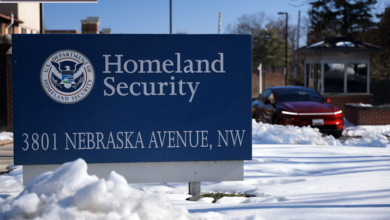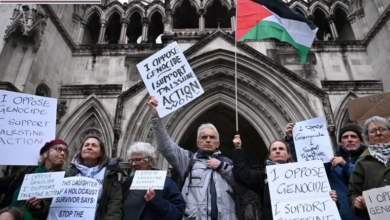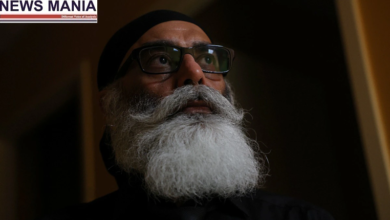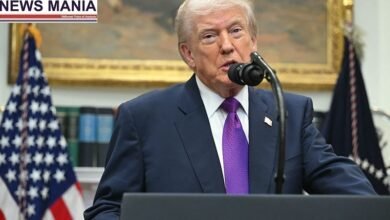Europe aims to adopt AI on the second day of the Paris summit, though global agreement remains uncertain.
News Mania Desk / Piyal Chatterjee / 11th February 2025
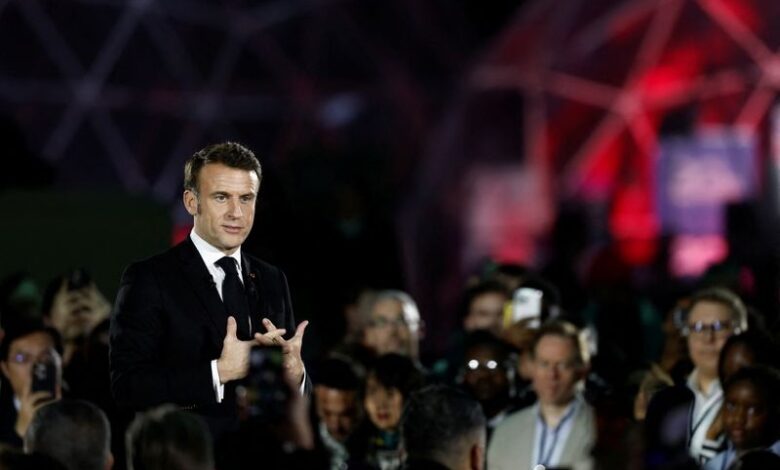
On Tuesday, world leaders convened for the second day and main session of the Paris summit on artificial intelligence, while the U.S. commitment to endorsing a declaration promoting sustainable AI was still uncertain.
Shortly after President Emmanuel Macron announced that France was engaged in the AI competition and Europe was keen on commerce, delegates from almost 100 nations, including China, India, and the U.S., got ready to convene and see if differing national priorities could be aligned. U.S. Vice President JD Vance heads the American delegation.
Macron pointed out a distinction on Monday evening. In terms of electricity, France will not embrace a “drill, baby, drill” strategy similar to the U.S. oil production policy; rather, it will utilize its clean energy so businesses can “plug, baby, plug” to satisfy the enormous energy demands of AI, he stated. One aspect of political alignment, however, was that 2025 was not the appropriate year to implement new AI regulations. U.S. President Donald Trump has dismantled the AI regulations set by his predecessor Joe Biden, and Europe is paying attention.
Macron stated that on Tuesday, European Commission President Ursula von der Leyen will unveil a new AI strategy for the bloc that “will present a unique chance for Europe to speed up, streamline our regulations, enhance the single market, and also invest in computing capabilities.”
German Chancellor Olaf Scholz conveyed this message to attendees at an AI summit dinner on Monday: “I encourage European businesses to collaborate for a robust collective initiative focused on AI developed in Europe,” he stated.
Executives were set to convene for the Business Day of the event, and OpenAI’s CEO Sam Altman was anticipated to speak at the summit. A group headed by Elon Musk announced on Monday that it had proposed $97.4 billion to acquire the nonprofit that oversees OpenAI. It was unclear if the U.S. and other nations would embrace a draft summit statement circulated on January 30 that called for an “inclusive approach” to AI that is multi-stakeholder, human rights-based and bolsters the developing world. The draft declaration, seen by Reuters, laid out priorities that included “avoiding market concentration” and “making AI sustainable for people and the planet.”



